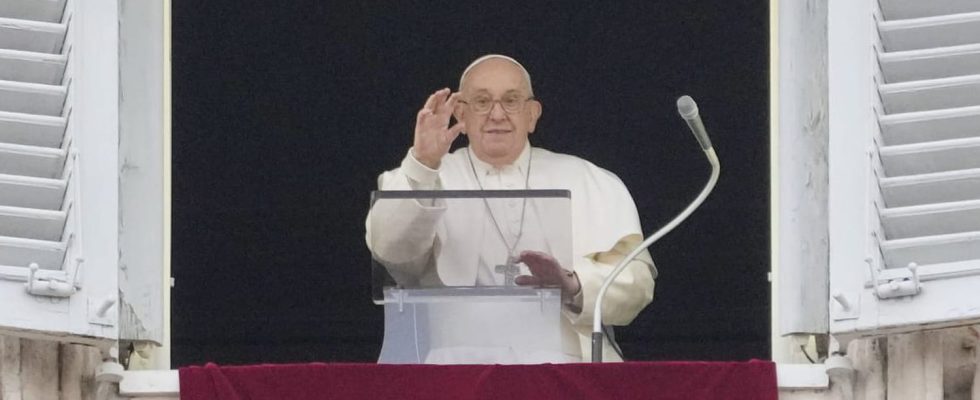From this Sunday, December 24 and until January 7, 2024, Pope Francis will give pontifical liturgical celebrations to celebrate Christmas, a week after celebrating his 87th birthday and announcing the decision to bless homosexual couples.
Starting this Sunday, December 24, Pope Francis will celebrate Christmas during various events planned until January 7, 2024. The celebrations began with the traditional prayer which began at 12 p.m. in St. Peter’s Square in the Vatican. Then, at 7:30 p.m., the Pope will preside over Christmas Mass in St. Peter’s Basilica. Since 2020 and the arrival of the Coronavirus, the mass schedule has been brought forward, and maintained again this year. On Christmas Day, Monday, December 25, the Pope will deliver a speech and give his blessing to all the faithful around the world at 12 p.m., from St. Peter’s Basilica. Several events will take place until January 7, when Pope Francis will preside at 9:30 a.m. over a celebration in the Sistine Chapel for the feast of the Baptism of Jesus, where several children will be baptized.
A weakened Pope
Christmas celebrations which come during a difficult period for the sovereign pontiff. On December 17, François celebrated his 87th birthday and his health has often been the cause of the cancellation of several events. The man now only uses a wheelchair, 10 years after becoming Pope. In March, he first suffered from a respiratory infection, before undergoing abdominal surgery in June. But those close to him would like to point out that the Jesuit remains lucid. “His health is declining, he is a tired man, but he is in his right mind, he is more than ever at the helm,” defends a Vatican source. But François is still experiencing difficulties traveling and was forced to cancel his trip to Dubai for COP28.
Another recent difficulty for Pope Francis: his decision to bless homosexual couples, which is not accepted by certain episcopal conferences. While Germany and Belgium were delighted, others spoke publicly to contest this announcement and to make it known that this new regulation would not be applied. However, the blessing of homosexual people has long been accepted by the Church, but on an individual level. On the other hand, the Holy See had never authorized the blessing of homosexual couples. The LGBT community, for its part, welcomed this new decision.
